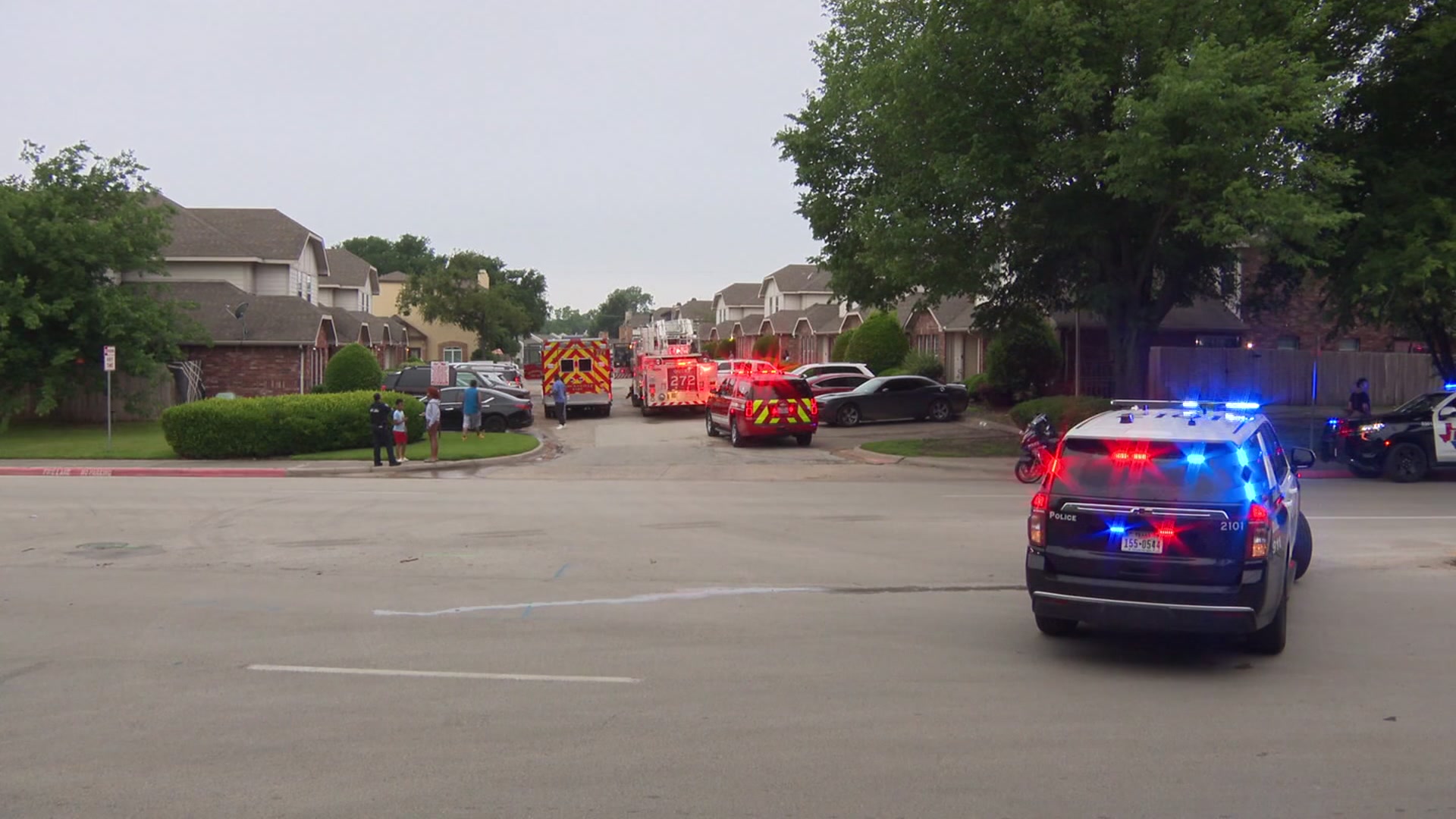In NBC 5's ongoing "Vision 20/20" series, we now turn to long distance travel. What will it look like in the upcoming decade?
Will air travel get any better? A newly relocated Dallas company wants to change the entire experience.
That means everything from the cost, to the impact on the environment, to the passenger experience.
The company is called JetSuite and they've been in the charter airline business for almost a decade. In early August 2018, they relocated their offices from California to Dallas.
By 2022, JetSuite intends to own 100 hybrid to electric planes. That means a plane that runs primarily on a battery, and the commercial airlines aren't far behind in testing.
On a typical day, 23 thousand passengers take off and land at Dallas Love Field Airport. They are all doing it in loud airplanes that guzzle and burn through fuel. But the future could be as quiet, and emission- free as an artist rendering of JetSuites hybrid to electric plane known as the Zunum.
Alex Wilcox, the CEO of JetSuite, says, "it's actually very similar technology to what you would find in a Prius or a Tesla."
Local
The latest news from around North Texas.
Wilcox says the planes will be a hybrid with a battery pack as well as a fuel source. The packs will be in the wings, where a planes fuel tanks normally reside. Each hybrid will travel about 700 miles before the batteries have to be replaced or recharged. In other words, short trips like Dallas to El Paso can be made without any fuel. For passengers, Wilcox says, it means a much lower cost.
"Right now we rent our private airplanes out for about $5000 an hour. With the Zunum, at the scale that we're talking about, and the energy costs were talking about, we'll be able to rent out the airplane for about $1000 an hour. Divide that by eight seats? For a couple hundred bucks you'll be able to fly on a private airplane."
JetSuite is far from alone in piloting the electric to hybrid technology. Israeli start up Eviation hopes to have a nine seat aircraft, fueled by lithium ion batteries, in the air by 2021.
Nasa is working on this concept called the N3X. It's a blended wing body design, fueled by superconducting electric motors.
Airbus, based in Grand Prairie has already conducted 20 test flights with the Vahana. It is all electric and self-piloted.
"Just like in the automobile industry, they will slowly but surely begin to take over the business of powering all of the airplanes that we are going to start seeing in the sky," said Jay Miller and aviation expert.
Miller says weight has long been the hardest problem for commercial airlines to solve. While there's still a race to make high performance batteries lighter he says reducing the weight of the plane itself has been achieved through composites.
"The beauty of composite materials is that they are stronger than their metal counterparts but they are also much lighter. There was a period of time where the idea of an all composite airplane, it was just something that was not gonna happen at least within our lifetime, and yet it has happened in our lifetimes," said Miller.
The evolution to electric promises far less pollution, both in emissions and in noise- because the plane will move by an electric motor. For JetSuite's CEO the Zunum is no longer the future, it's what they're working on right now.
"We are focused on execution. This is ours to screw up- we probably got a three or four year leap on the competition in terms of deploying this new technology."
While JetSuite is based in Dallas, the initial flight paths for the hybrid to electric aircraft have yet to be determined. When could we actually board an electric to hybrid commercial plane? A conservative estimate is before 2030 for shorter trips in the 700 mile range.



